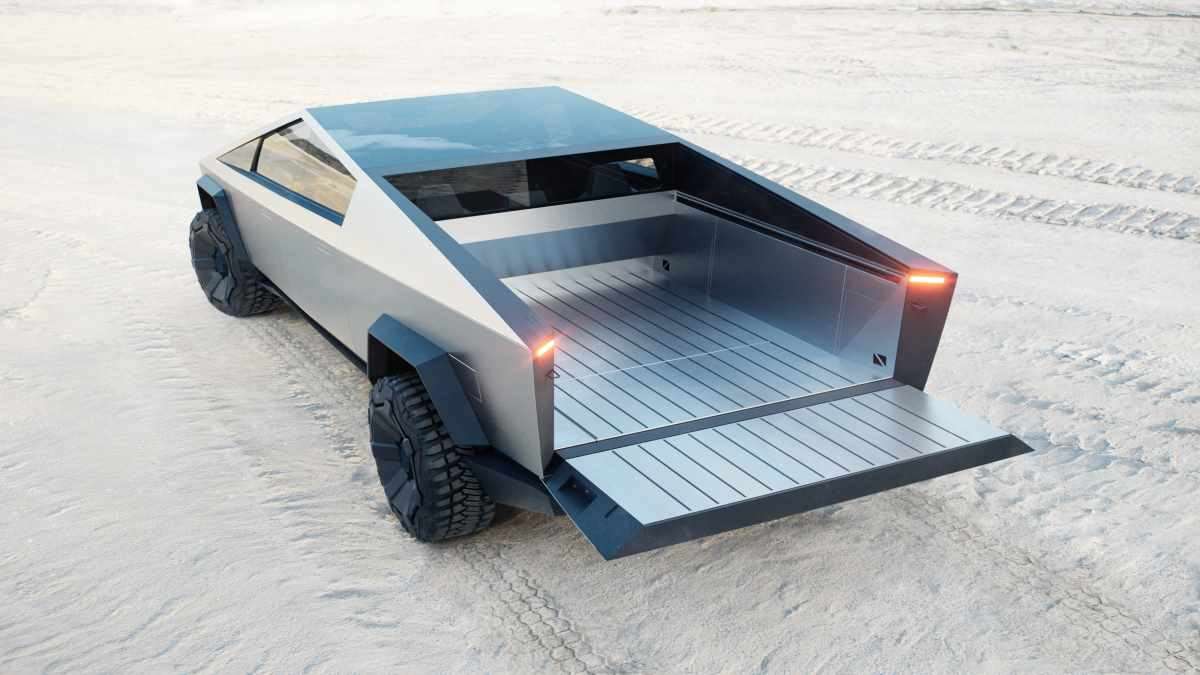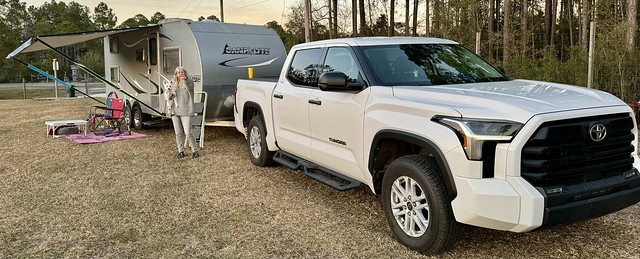well, as long as you recognize most people don't care the least bit about a corner case like towing 7000# collection of crap on wheels across America without ever having to pull into a gas station, nor having to pee even on the side of the road (the horrors!) because their 7000# rig is fully self contained for pooping and eating in, and, and, and.
so the truth is (big reveal!) is that CT will have to charge when towing. maybe even a lot.
the other truth is, the extreme majority of truck owners have never hauled a thing, nor hauled a thing across country, nor even hauled a thing across the state, or if in CA where the counties are huge, I bet not even across the county.
so this excessive citing of extreme corner cases is convincing no one of anything.
If you go back into this thread - it has already been agreed upon that towing for 150/1500 series pickups is roughly 1/3 of the use case - as is evidenced by the chart that
@Yelobird posted - which has repeatedly been shared in multiple towing threads as well (including earlier in this thread IIRC). This is not new information. What we're really discussing here is
why there's a thread entitled "Cybertruck is a scam" and, at least in my estimate, it predominantly comes down to not meeting this use case for the 500 mile version announced back in 2019. So for this subset of the 1/3 of 150/1500 pickup owners that tow/haul regularly, it's very disappointing, and this is a
valid shortcoming regardless of what the alpha early adopter fanboy base wants to say about it. Personally, I don't need to tow/haul heavier loads on a regular basis any longer, so I don't fall into this bucket, but I can at least empathize with those who are upset about the shortcomings.
The example I provided earlier was about range - and specifically range when towing. My uncle tows with an F350 - not an F150 - as do many who own larger campers/trailers. There were some folks who owned 250/350 series trucks who did put down a deposit on a CT, expecting the 14k lb towing weight limit to hold, who were also very disappointed with the 11k towing weight limit. Again, I can empathize with their situation. Personally, I never saw any BEV pickup replacing an ICE pickup for these use cases, especially when stepping up to heavy duty trucks, but obviously some others did.
Obviously Tesla is trying to provide alternatives via the range extender and spare tire - but having to have both of these when towing/hauling heavier loads effectively means you lose the entire pickup bed in the process - which introduces it's own challenges for this subset of pickup buyers. This is likely why GM/RAM are introducing pickups with much larger battery packs, which is possible since they have a long enough wheelbase to do so. I'd guess Ford will do the same with the upcoming F200 TTT platform in 2025/2026. By taking this approach - the pickup bed remains free for other uses when traveling over longer distances.




